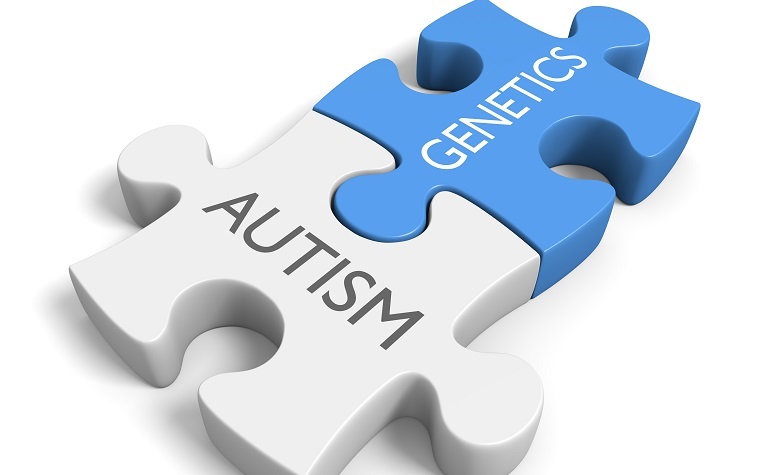
Scientists associated with Autism Speaks are conducting research about family history, genetics and how they are connected to autism.
Jill Escher, who founded the Escher Fund for Autism, has two children who have autism. As a mother and autism advocate, she is determined to learn how prenatal development, genetics and family history are connected to autism.
Today, the main theory is that autism is mostly genetic. Because of this, most research funds have highlighted using DNA as the basis for researching autism.
Escher believes that this theory is incomplete because family history is just as important as genetics. She sees prenatal development as crucial; a girl is born with all her eggs, so human gamete-producing cells within males as well as females first began inside mothers’ wombs.
The most obvious exposures that change genes are carcinogens like tobacco smoke and mutagens like X-rays. These elements can directly damage human DNA. Other research suggests that chemicals and drugs can change how genes and DNA work. Gametes are susceptible to many environmental influences, make them vulnerable to diseases and disorders.
Escher offers an example. Using a medical treatment like repeated X-rays of children’s abdomens could make genetic errors in the egg and sperm progenitor cells in children. This means that many years later, their children could have higher chances of various genetic disorders.
In her own history, Escher’s family has no previous cases of autism. But her mother received treatments of synthetic steroid hormone drugs when she was pregnant with Escher, prenatally exposing her daughter to these strong, ongoing doses. The goal was to prevent miscarriages, but modern science shows that these treatments are ineffective and often damaging.
“Now you might be thinking, what a weird idea that medications that my mother took during pregnancy with me in 1965 could cause developmental problems in my children decades later,” Escher said. “It might make sense if you consider that my early egg cells were already present when I was developing in my mother’s womb. Could the fake hormones given to my mother have disrupted the normal process of reprogramming in my budding egg cells? If so, molecular glitches in my eggs might manifest as dysregulations of development decades later, after my children were conceived and then missed their early milestones.”
With stories like these, scientists intend to find the various connections that can cause autism.